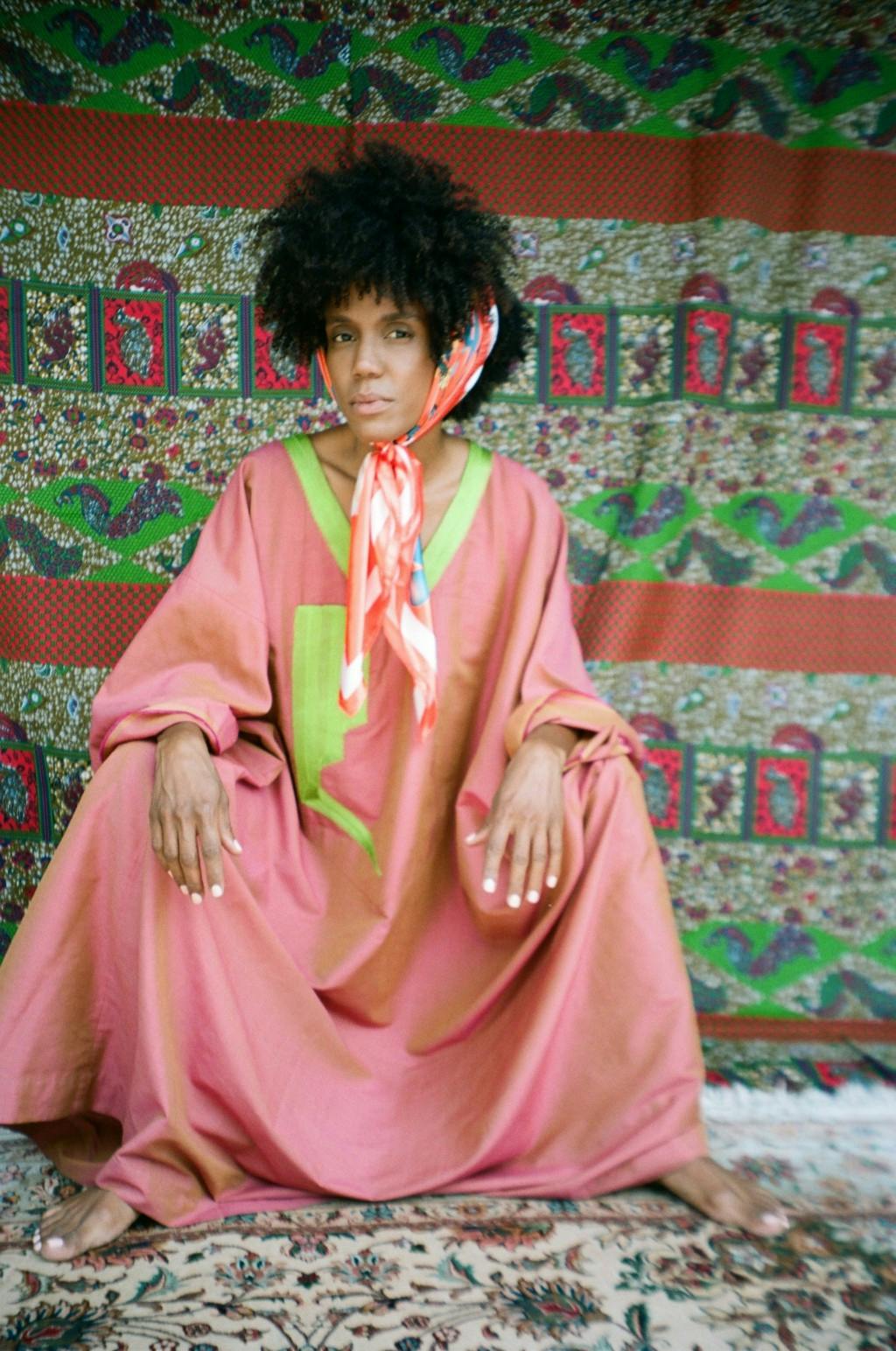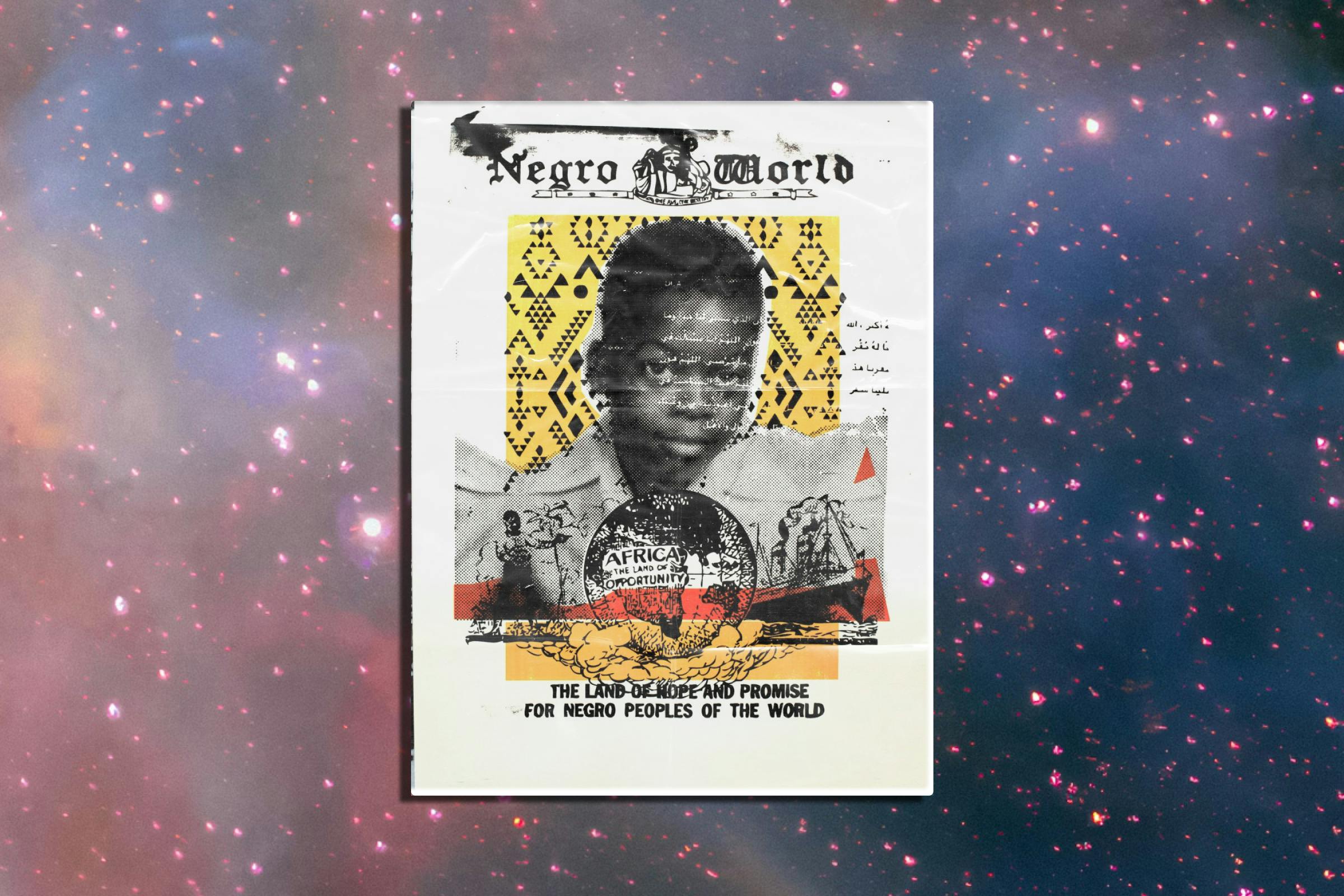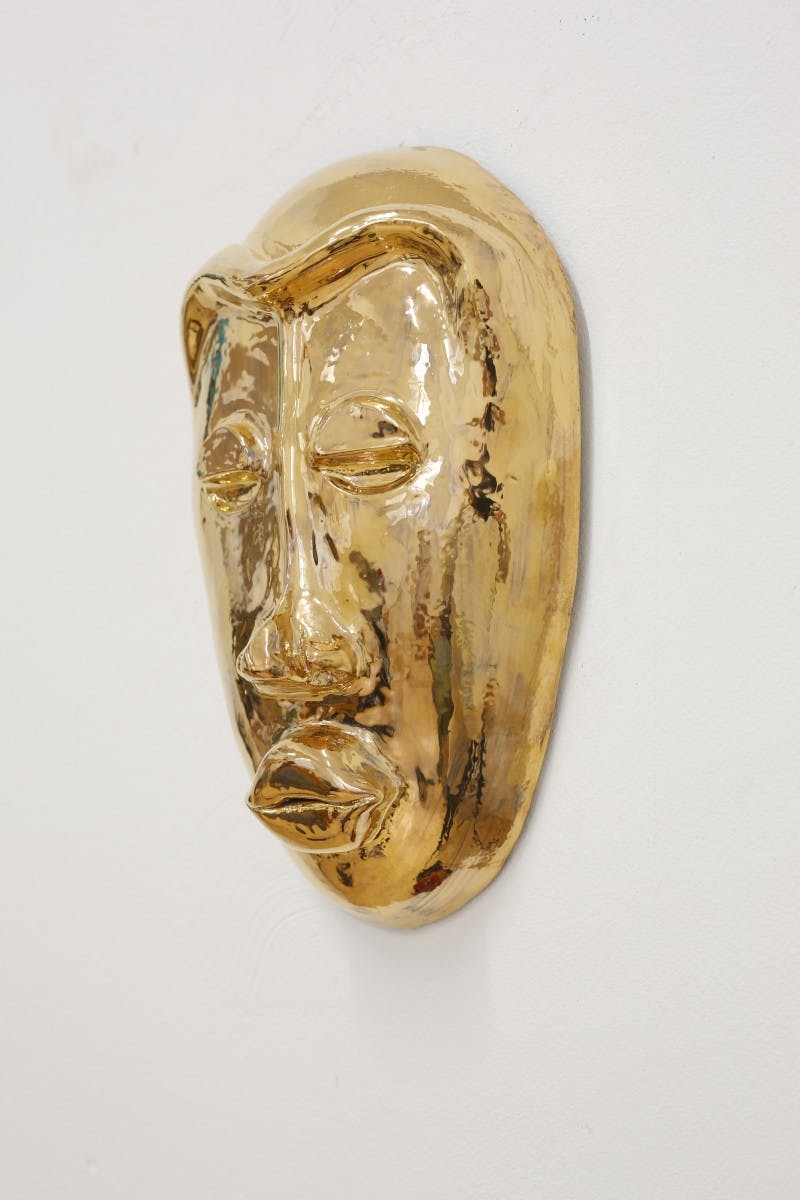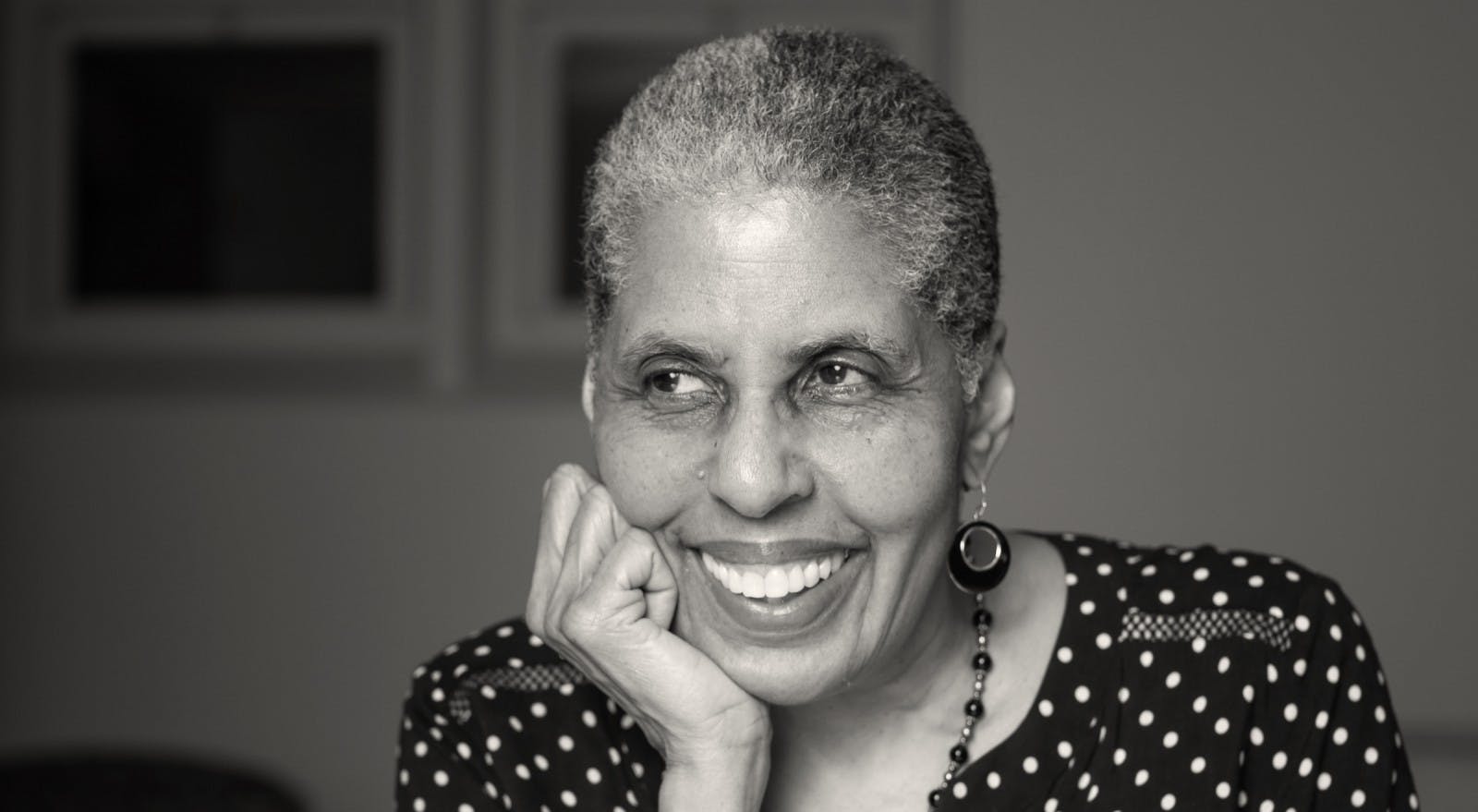Iran: “Blackness is a Surprise”
Founder of the Collective for Black Iranians Priscillia Kounkou Hoveyda describes an Iranian context in which the silence about Blackness is interrupted by the encounter with Black people.
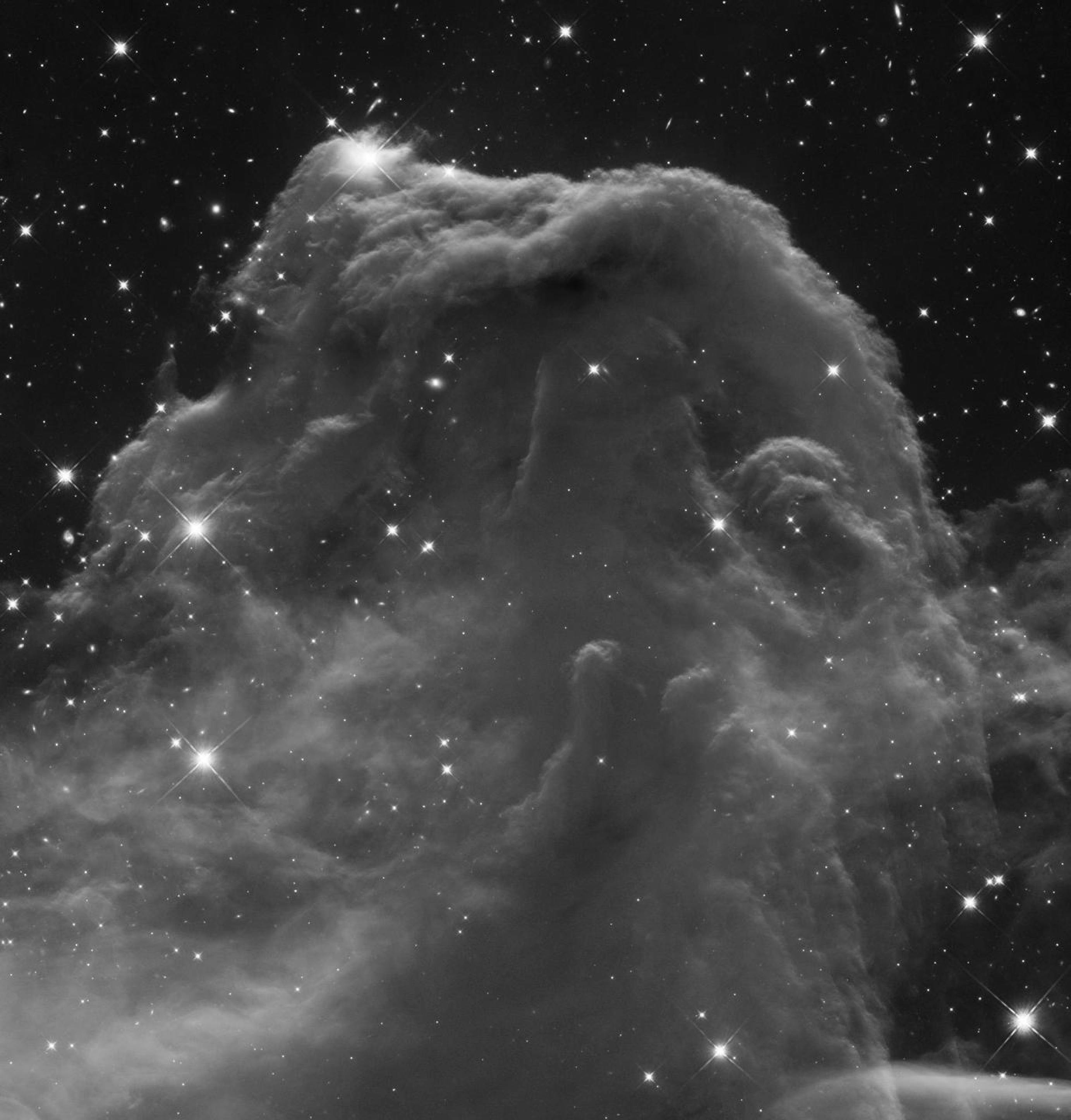
In this episode of Race Beyond Borders, we travel to Iran. A country known for its nuclear and geopolitical power, and its Revolution of 1979 that reverberated across the world. Beyond its place in world politics, Iran is also a vibrant multiethnic country replete with various histories and heritage. Being home to one of the world’s oldest civilisations, records of life in Iran span nearly three millennia. This country of hand-woven carpets, scintillating bazaars, and architecturally striking mosques and museums has a little-known Black presence. Our guest, Priscillia Kounkou Hoveyda, guides through the emotional terrain of the Black experience in Iran.
Founder of the Collective for Black Iranians, a creative and critically conscious initiative proposing an Iranian culture that stands fully at its African and Middle-Eastern intersections, Priscillia is also a writer, documentary filmmaker and a human rights jurist.
“In Iran, we don’t think about Blackness. At least, we pretend we don’t think about Blackness," she says. "But we definitely have a reaction to it when we are faced by it. …Blackness is not mentioned, except if you are heckled or mocked.”
In Iran, we don’t think about Blackness. At least, we pretend we don’t think about Blackness.
She describes a context in which the silence about Blackness is interrupted by the encounter with Black people. “Blackness is a surprise!” Hoveyda notes the erasure of Black Iranians in the national consciousness means that when Black life is visible it is met with astonishment.
Blackness in Iran need not startle. The history of the Indian Ocean trade highlights distinct commercial and cosmopolitan networks between the Swahili Coast of East Africa and Persia. The proximity between the Persian Gulf and the Horn of Africa made for rich and multiple connections. One of these was the slave trade, through which Persia imported enslaved persons from East Africa, the Arabian Peninsula, as well as the Caspian Sea and the Caucasus mountains. Priscillia explains that the multidirectional slave trade became focused on Africa in the nineteenth century due the changing conventions in Europe.
Blackness in Iran need not startle.
This legacy is visible in the tradition of Black Face (literally described as “playing Black” in Farsi.) In our conversation, Priscillia explains the problematic myth of Haji Firuz, a Black-face fictional minstrel character in Iranian folklore.
Mindful of the past, Priscillia is intent on shaping the future through the work of the Collective. In the conversation, she also shares how activists and scholars in the region are redefining the Middle East by foregrounding their point of view through the name SWANA, the “decolonial word for the South-West Asian/ North African (S.W.A.N.A.) region.”
